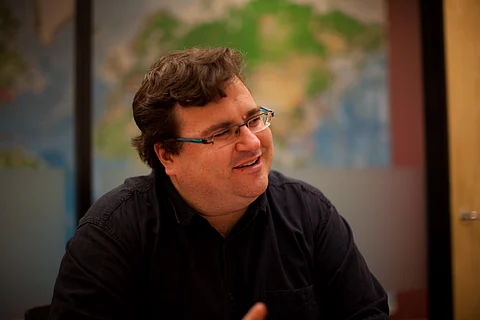

Is work-life balance an illusion in the start-up world? A resurfaced clip of Reid Hoffman, co-founder of LinkedIn, suggests it might be. In a lecture delivered at Stanford University’s “How to Start a Startup” class in 2014, Hoffman had a clear message for aspiring entrepreneurs — forget balance if you want to win.
“If I ever hear a founder talking about, 'This is how I have a balanced life’, they're not committed to winning,” Hoffman said. “The only really great founders are [the one's who are] like, 'I am going to put literally everything into doing this.'” The clip has gone viral in recent days, reigniting debate about the true demands of the start-up world.
Hoffman recounted how LinkedIn’s founding team, many of whom had families, were expected to work long hours. “When we started LinkedIn, we started with people who had families. So we said, 'Sure, go home and have dinner with your family. Then, after dinner with your family, open up your laptop and get back in the shared work experience and keep working,'” he explained.
He continued, “The people that think that's toxic don’t understand the start-up game, and they’re just wrong. The game is intense. And by the way, if you don’t do that, eventually, you’re out of a job.”
For Hoffman, this relentless work ethic was not a flaw but a feature of start-up life. He noted that many of LinkedIn’s first 100 employees eventually reached financial freedom thanks to their early commitment. Their hard work paid off in a life-changing manner when Microsoft acquired LinkedIn in 2016 for an eye-watering $26.2 billion.
That acquisition not only cemented LinkedIn’s legacy but also rewarded its pioneers with the freedom to shape their futures.
Netizens, however, remain divided. One user summed it up: “I will surely sacrifice my WLB for my real baby. But that doesn't mean I start expecting the same from the nanny...”
As highlighted by Economic Times, the start-up grind isn’t for everyone; it demands sacrifice, but for those who embrace it, the rewards can be extraordinary.
